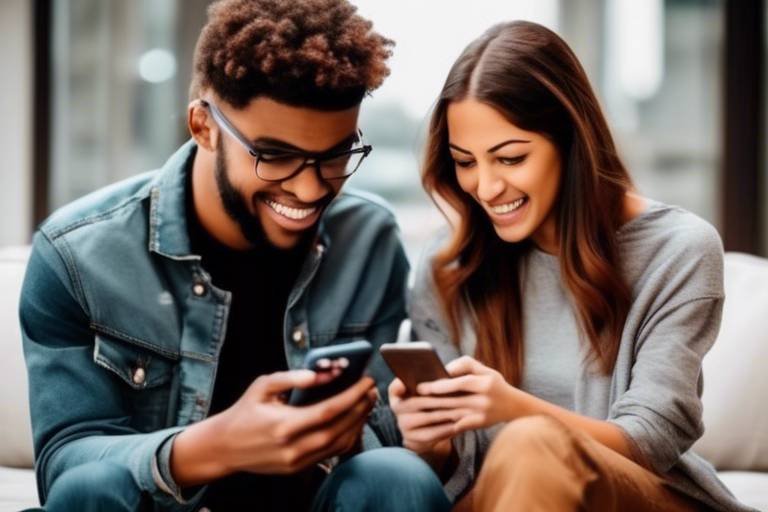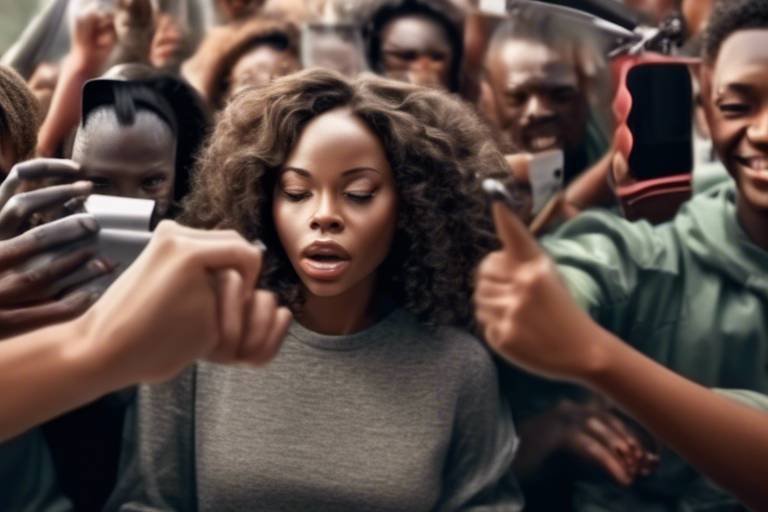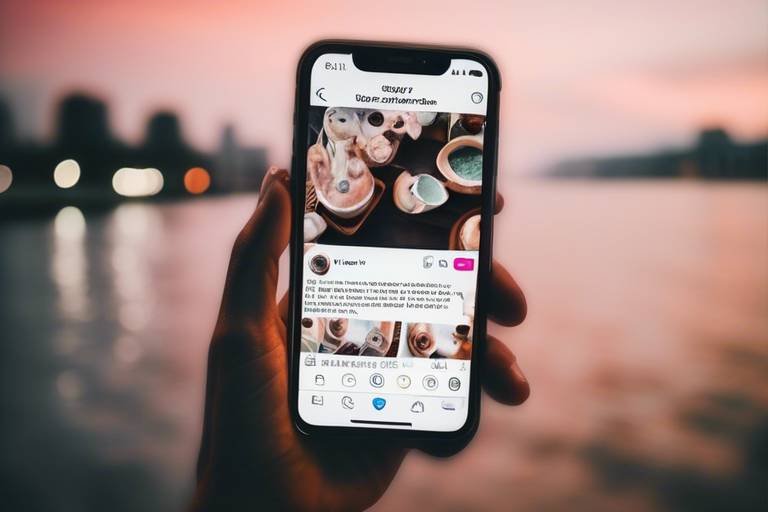The Pros and Cons of Social Media Usage in Relationships
In today’s digital age, social media has woven itself into the very fabric of our lives, influencing how we connect with others. When it comes to personal relationships, it’s a double-edged sword. On one hand, it can enhance communication and foster connections; on the other, it can lead to misunderstandings and emotional turmoil. This article explores the multifaceted impact of social media on relationships, examining both the benefits and drawbacks. Understanding these dynamics can help individuals navigate their interactions more effectively and create healthier connections.
Social media platforms like Facebook, Instagram, and WhatsApp have revolutionized the way couples communicate. Imagine being able to send a quick message or share a funny meme with your partner at any time of the day! This instant connectivity allows for a more open dialogue, which can significantly strengthen relationships. When partners share their daily experiences, thoughts, and even silly moments, it fosters a sense of closeness and engagement that is hard to replicate in face-to-face interactions alone.
Beyond romantic relationships, social media enables individuals to connect with friends and family, enhancing their support networks. Think of it as a digital safety net. When life gets tough, having a community online can provide the emotional support that is vital for maintaining healthy relationships. This network can offer advice, lend a listening ear, or simply share in your joys and sorrows, making you feel less alone in your struggles.
Sharing important life events on social media can create a sense of community and celebration among friends and family. Whether it’s a birthday, an engagement, or even a simple weekend getaway, posting these moments can enhance relational bonds through collective experiences. It’s like throwing a virtual party where everyone can join in the fun! However, it’s essential to strike a balance between sharing and oversharing, so as not to overwhelm your audience or dilute the significance of these moments.
The choice between public and private sharing impacts how relationships are perceived. Public displays of affection online can be sweet, but they can also invite scrutiny and judgment from others. Understanding the nuances of sharing can help individuals maintain boundaries while still engaging their audience. It’s crucial to have conversations with your partner about what feels comfortable for both of you when it comes to sharing your relationship online.
While sharing can bring people closer, public sharing of personal moments can sometimes undermine intimacy. Imagine posting a heartfelt message about your partner on social media, only to have them feel uncomfortable about the level of exposure. Couples need to navigate what to share, ensuring they protect their private relationship while still engaging socially. The key is to communicate openly about each other's comfort levels and preferences regarding online sharing.
Social media can set unrealistic expectations for relationships, often portraying idealized versions of love. Scrolling through perfectly curated feeds can lead to dissatisfaction and comparison, which can negatively affect relationship dynamics. It’s important to remember that what we see online is often a highlight reel, not the full story. Couples should remind themselves that every relationship has its ups and downs, and it’s completely normal to face challenges that may not be visible on social media.
Despite the benefits, the lack of non-verbal cues in online communication can lead to misunderstandings. A simple text message can be misinterpreted, leading to unnecessary conflict. Recognizing these pitfalls is essential for maintaining healthy relationships in a digital context. Couples should strive to be clear and direct in their communication, perhaps even supplementing texts with voice notes or video calls when discussing sensitive topics.
Social media can breed jealousy and insecurity, particularly if partners misinterpret interactions. For instance, seeing your partner like someone else's photo might trigger feelings of doubt. Addressing these feelings openly can help mitigate potential conflicts and reinforce trust. It’s crucial for couples to have honest conversations about their boundaries regarding online interactions, ensuring both partners feel secure and valued.
Excessive social media use can distract from quality time spent together. Have you ever noticed how couples can be sitting right next to each other, yet both are glued to their phones? Couples must find a balance between online interactions and meaningful in-person connections to nurture their relationship. Setting aside specific times to unplug from social media can lead to more fulfilling moments spent together.
Establishing boundaries around social media use can help maintain focus on the relationship. Couples should discuss their preferences and agree on how to use social media positively. For example, they might decide to have social media-free dinners or engage in activities that promote connection without the distraction of screens. By setting these boundaries, couples can create a healthier environment that prioritizes their relationship above digital distractions.
- How can social media improve communication in relationships?
Social media allows for instant messaging and sharing experiences, fostering openness and engagement. - What are the risks of sharing personal moments online?
Public sharing can undermine intimacy and lead to misunderstandings or jealousy. - How can couples manage social media distractions?
Establishing boundaries and setting aside dedicated time for each other can help maintain focus on the relationship.

Enhancing Communication
This article explores the impact of social media on personal relationships, examining both the benefits and drawbacks. Understanding these dynamics can help individuals navigate their interactions more effectively.
In today's digital age, social media has become a powerful tool for enhancing communication between partners. Imagine being able to send a quick message to your significant other while they're at work, sharing a funny meme or a sweet photo that reminds you of them. This instant connectivity fosters a sense of openness and engagement that can significantly strengthen relationships. No longer do couples have to wait until the end of the day to catch up; they can share their thoughts and experiences in real-time, making each other feel included in their daily lives.
Moreover, social media platforms like Facebook, Instagram, and WhatsApp allow couples to create a shared digital space where they can document their journey together. From posting vacation photos to sharing milestones, these platforms enable partners to celebrate their love publicly, reinforcing their bond. However, it's essential to remember that while social media can enhance communication, it can also lead to misunderstandings if not used wisely. For instance, a seemingly innocent comment on a friend's post could be misinterpreted, leading to unnecessary conflicts.
To maximize the benefits of social media in relationships, couples should consider the following:
- Regular Check-ins: Use messaging apps to check in with each other throughout the day, sharing thoughts or just saying "I love you."
- Sharing Experiences: Post about shared experiences to create a digital scrapbook of memories that you can look back on together.
- Engagement: Like and comment on each other's posts to show support and interest in each other's lives.
In conclusion, while social media can enhance communication and bring partners closer, it is crucial to navigate this digital landscape thoughtfully. Couples should strive for a balance, ensuring that their online interactions complement rather than replace meaningful in-person conversations. After all, nothing beats the warmth of a face-to-face chat, but social media can certainly bridge the gaps when life gets busy.
Social media enables individuals to connect with friends and family, enhancing their support networks. These connections can provide emotional support, which is vital for maintaining healthy relationships.
Sharing important life events on social media can create a sense of community and celebration among friends and family. This sharing can enhance relational bonds through collective experiences.
The choice between public and private sharing impacts how relationships are perceived. Understanding the nuances of sharing can help individuals maintain boundaries while still engaging their audience.
Public sharing of personal moments can sometimes undermine intimacy. Couples need to navigate what to share, ensuring they protect their private relationship while still engaging socially.
Social media can set unrealistic expectations for relationships, often portraying idealized versions of love. This can lead to dissatisfaction and comparison, affecting relationship dynamics negatively.
The lack of non-verbal cues in online communication can lead to misunderstandings. Recognizing these pitfalls is essential for maintaining healthy relationships in a digital context.
Social media can breed jealousy and insecurity, particularly if partners misinterpret interactions. Addressing these feelings openly can help mitigate potential conflicts and reinforce trust.
Excessive social media use can distract from quality time spent together. Couples must find a balance between online interactions and meaningful in-person connections to nurture their relationship.
Establishing boundaries around social media use can help maintain focus on the relationship. Couples should discuss their preferences and agree on how to use social media positively.
Q1: Can social media improve communication in relationships?
A1: Yes, social media can enhance communication by allowing partners to share experiences and check in with each other throughout the day.
Q2: What are the risks of sharing too much on social media?
A2: Oversharing can undermine intimacy and lead to misunderstandings or conflicts between partners, as well as invite unwanted opinions from others.
Q3: How can couples set healthy boundaries around social media?
A3: Couples should have open discussions about their social media use, agree on what to share publicly, and prioritize quality time together away from screens.

Building Connections
Social media has revolutionized the way we connect with others, serving as a powerful tool for building and maintaining relationships. In today’s fast-paced world, where physical distance can often feel overwhelming, platforms like Facebook, Instagram, and Twitter allow us to bridge that gap effortlessly. Imagine being able to share a laugh or a heartfelt moment with a friend across the globe in real time—it's almost like magic! The beauty of social media lies in its ability to keep us connected, no matter where we are.
One of the most significant benefits of social media is that it enhances our support networks. It’s not just about keeping in touch with friends; it’s about creating a community. When individuals share their experiences, whether they’re triumphs or challenges, it opens the door for empathy and understanding. For instance, you might post about a tough day at work, and suddenly, you’re flooded with supportive comments and messages from friends and family, reminding you that you’re not alone. This emotional support is vital for maintaining healthy relationships, as it fosters a sense of belonging and connection.
Moreover, social media platforms allow us to stay updated on the lives of our loved ones. With just a few clicks, we can see photos from a friend’s wedding, celebrate a family member’s promotion, or even join in on a virtual game night. These shared moments create a tapestry of experiences that bind us together, reinforcing our connections. It’s like having a front-row seat to the lives of those we care about, even if we can’t be there physically. This constant engagement can significantly strengthen the bonds we share.
However, while social media can enhance our connections, it’s also essential to be mindful of how we use it. The way we present ourselves online can sometimes create a façade that doesn’t reflect our true selves. It's easy to fall into the trap of comparing our lives to the highlight reels of others, leading to feelings of inadequacy or jealousy. Therefore, it’s crucial to approach social media with a balanced mindset, appreciating the connections we have without getting lost in the illusion of perfection.
In conclusion, social media can be a double-edged sword when it comes to building connections. It offers incredible opportunities for engagement and support, but it also requires us to navigate the complexities of online interactions carefully. By being aware of our social media habits and focusing on authentic connections, we can harness the power of these platforms to enrich our relationships rather than detract from them.
- How can social media improve my relationships?
Social media allows for instant communication and sharing of experiences, helping to keep relationships strong and engaged. - What are some negative effects of social media on relationships?
It can lead to misunderstandings, jealousy, and unrealistic expectations, which may harm relationship dynamics. - How can I set boundaries around social media use in my relationship?
Discuss your preferences with your partner and agree on how to use social media positively to enhance your connection.
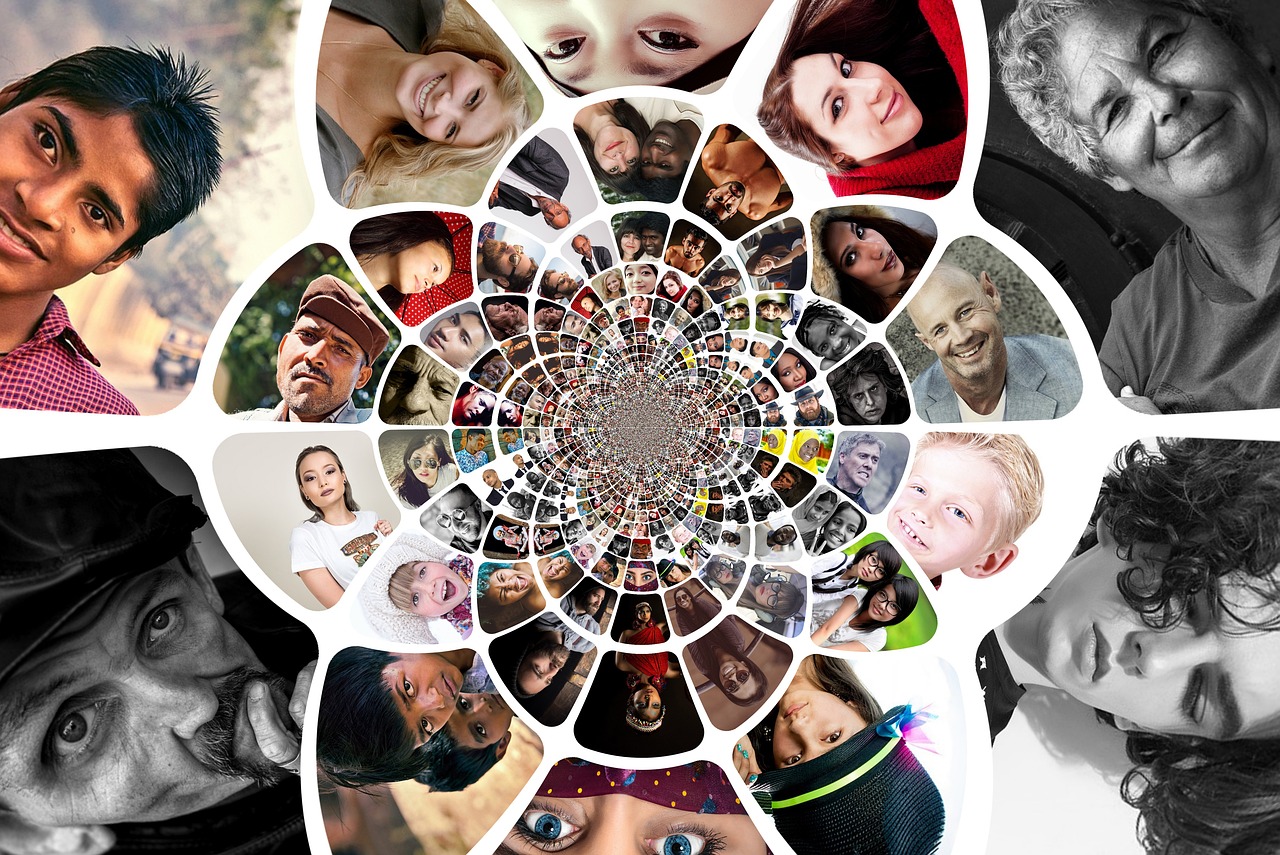
Sharing Life Events
In today's digital age, sharing life events on social media has become a norm that many of us embrace. From birthdays to weddings, and even the simple joys of a new pet, these moments are often broadcasted to our online networks. But why do we feel the need to share these milestones? It's not just about showing off; it's about creating a sense of community. When you post about a significant event in your life, you invite your friends and family to celebrate with you, even if they are miles away. This virtual participation can enhance the emotional connection you have with your loved ones, making them feel included in your journey.
Moreover, sharing these events can lead to an outpouring of support and love from your network. Imagine posting about your engagement and receiving hundreds of congratulatory messages. This flood of positivity can be incredibly affirming and can strengthen your relationship with your partner, as you both bask in the joy of shared happiness. However, while sharing can foster connection, it can also lead to unintended consequences. For instance, if a couple decides to share their relationship milestones publicly, they might inadvertently set expectations for how others perceive their relationship. This can create pressure to maintain a certain image, which may not always reflect reality.
Additionally, there’s a fine line between sharing joy and oversharing. While it’s wonderful to keep friends updated, constantly posting every little detail can lead to fatigue among your audience. It’s essential to strike a balance. Consider asking yourself, “Is this moment worth sharing?” or “Will this bring joy to my followers?” It’s about quality over quantity. In essence, sharing life events can be a beautiful way to enhance relationships, provided that it is done thoughtfully and with consideration for both your audience and your partner.
As we navigate the complexities of sharing personal experiences, it’s crucial to understand the impact these posts can have on our relationships. Here are a few points to consider:
- Connection: Sharing creates a sense of belonging and community.
- Support: Friends and family can offer encouragement and celebrate with you.
- Pressure: Be mindful of the expectations that may arise from public sharing.
- Balance: Ensure that you’re not oversharing or compromising your privacy.

Public vs. Private Sharing
When it comes to social media, the debate between public and private sharing is more relevant than ever. Think about it: every time you post a picture or a status update, you’re making a choice about who gets to see that part of your life. In a world where everything seems to be on display, it’s crucial to understand the implications of these choices. Public sharing can create a sense of community, inviting friends and family to join in on your life’s milestones. However, it also raises questions about boundaries and privacy.
For instance, sharing a joyous moment, like an engagement or a birthday celebration, can garner likes and comments, creating a virtual cheerleading squad. But, at what cost? When you share these moments publicly, you might inadvertently invite opinions and judgments from people who may not understand the context of your relationship. This can lead to unnecessary stress or pressure. On the flip side, keeping things private allows you to maintain a sense of intimacy and protect your relationship from external scrutiny. It’s like having a cozy blanket around your relationship, keeping the warmth and connection just between the two of you.
Moreover, the choice between public and private sharing can significantly impact how relationships are perceived both by the couple and by outsiders. For example, a couple who frequently shares their adventures online may appear to be living the dream, but behind the scenes, they might be facing challenges that their followers are unaware of. This disparity can create a false sense of reality, where comparisons lead to dissatisfaction. To navigate this complexity, couples should openly discuss their sharing preferences and establish guidelines that honor both their need for connection and their desire for privacy.
Here’s a quick breakdown of some factors to consider when deciding between public and private sharing:
| Public Sharing | Private Sharing |
|---|---|
| Creates a sense of community | Maintains intimacy |
| Invites external opinions | Protects from scrutiny |
| Can lead to unrealistic comparisons | Focuses on personal connection |
| Encourages engagement and support | Allows for deeper conversations |
Ultimately, the decision to share publicly or privately should reflect your relationship's dynamics and your comfort level. It’s important to communicate openly with your partner about what feels right for both of you. After all, every relationship is unique, and finding the right balance between sharing and protecting your private life is essential for maintaining a healthy and happy bond.
- What are the risks of public sharing in relationships?
Public sharing can invite unwanted opinions and create pressure to maintain a certain image, which may not reflect the reality of the relationship. - How can couples establish boundaries for social media use?
Couples should have open discussions about their comfort levels with sharing and agree on what types of content are appropriate to share publicly. - Can social media negatively affect intimacy?
Yes, excessive public sharing can lead to a dilution of intimate moments, making them feel less special and more like a performance for an audience. - Is it okay to keep certain aspects of a relationship private?
Absolutely! Every couple should feel empowered to protect their personal moments and share only what feels comfortable.
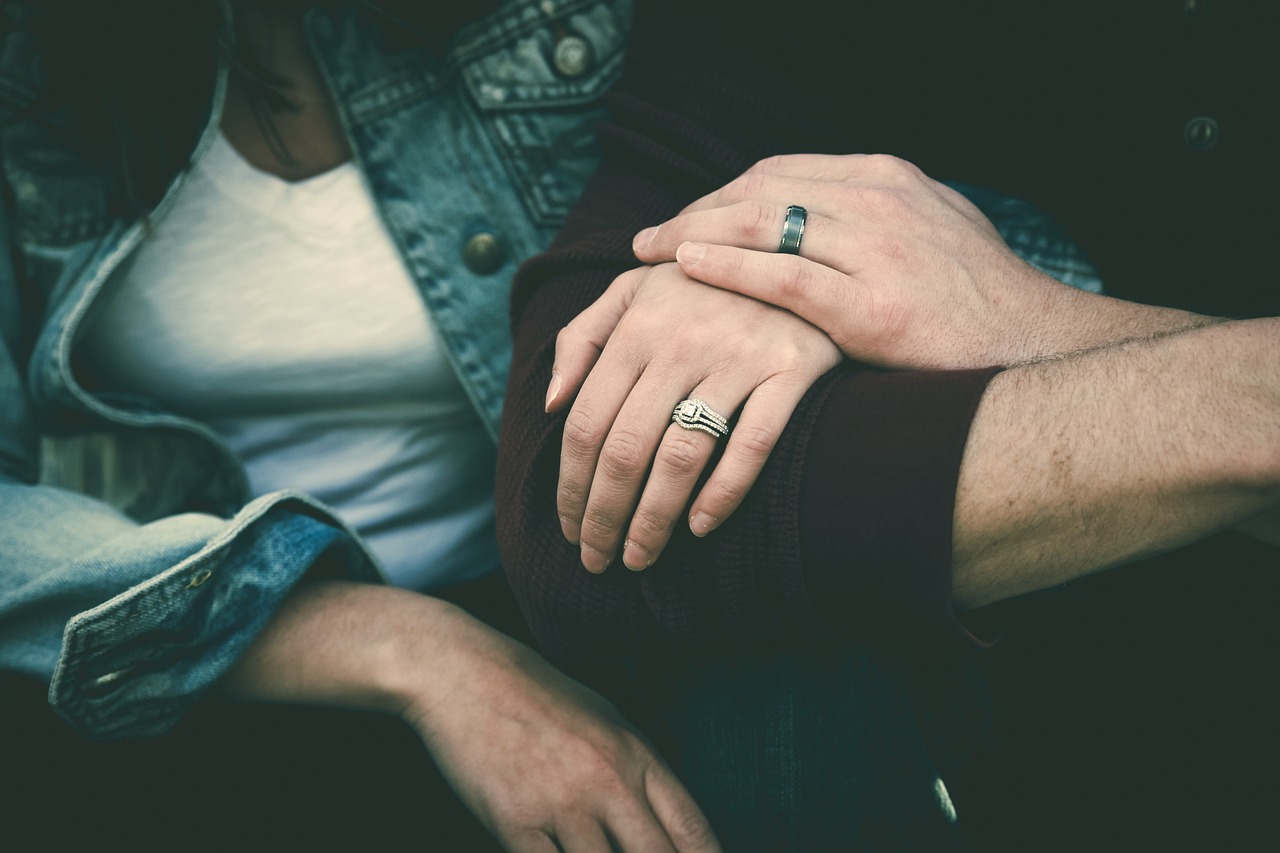
Impact on Intimacy
In today’s digital age, the impact of social media on intimacy in relationships cannot be overstated. While sharing moments online can create a sense of connection, it can also lead to unintended consequences that might undermine the closeness couples share. Imagine being at a romantic dinner, yet both partners are more focused on snapping the perfect Instagram shot than enjoying each other's company. This scenario highlights a growing concern: how public sharing can dilute private experiences.
When couples choose to broadcast their personal moments, they often invite external opinions and scrutiny into their relationship. This can create a sense of pressure to portray an idealized version of their love, which might not reflect reality. For instance, a couple might share a photo of a beautiful vacation, but what followers don’t see are the arguments or stress leading up to that trip. This disparity can lead to feelings of inadequacy and comparison, as others might perceive their relationship as perfect. In essence, the more we share, the less intimate our experiences can feel.
Moreover, the act of sharing intimate moments can alter the dynamics of a relationship. Couples may find themselves prioritizing their online presence over genuine interactions. When partners are more concerned about likes and comments than about engaging with each other, the foundation of intimacy can weaken. It’s crucial for couples to find a balance between sharing their lives and keeping certain moments private. After all, some experiences are meant to be cherished quietly, away from the prying eyes of social media.
To navigate this delicate balance effectively, couples can consider the following strategies:
- Establish Personal Boundaries: Discuss what types of moments are appropriate to share publicly and which should remain private.
- Prioritize Quality Time: Make a conscious effort to put down devices during special moments to foster deeper connections.
- Communicate Openly: Regularly check in with each other about how social media use is affecting your relationship.
Ultimately, while social media can enhance connections, it’s vital for couples to remain aware of its potential to impact intimacy. By being intentional about what they share and how they engage with each other online, partners can cultivate a relationship that thrives both in the digital world and in real life.
- How can social media improve communication in relationships?
Social media allows for instant messaging and sharing experiences, which can enhance communication and foster openness. - What are the risks of sharing too much on social media?
Sharing too much can lead to misunderstandings, jealousy, and a lack of intimacy as personal moments become public. - How can couples set boundaries around social media use?
Couples can discuss their preferences for sharing and agree on what types of content are appropriate to post. - Can social media lead to trust issues in relationships?
Yes, misinterpretations of online interactions can lead to jealousy and insecurity, which can affect trust.

Managing Expectations
In the age of social media, it's easy to get caught up in the whirlwind of curated images and perfectly crafted posts. Have you ever scrolled through your feed and felt a twinge of envy while looking at a friend's seemingly perfect relationship? in relationships has become a crucial skill, especially when social media often showcases an idealized version of love that can be far from reality. It's essential to remember that what you see online is just a snapshot, a highlight reel, of someone's life, not the full story.
When couples see these polished portrayals, they might unconsciously start comparing their own relationship to others. This can lead to feelings of inadequacy or disappointment. Why do we do this to ourselves? Well, it’s human nature to seek validation and connection, but when we set our expectations based on social media portrayals, we risk overlooking the unique beauty of our own relationships. Instead of focusing on what others have, we should celebrate what makes our connections special.
To navigate these waters, it’s vital for partners to have open conversations about their feelings and expectations. Here are some tips to consider:
- Communicate openly: Discuss what you both find important in your relationship, and how social media impacts those expectations.
- Acknowledge reality: Recognize that every relationship has its ups and downs, and that’s completely normal.
- Limit comparisons: Make a conscious effort to avoid comparing your relationship to those you see online.
By addressing these points, couples can create a healthier perspective on their relationship. Additionally, it might be helpful to set some ground rules for social media use. For example, you might agree to share only certain moments publicly or to avoid discussing personal issues online. This way, you can protect your relationship from unnecessary scrutiny and maintain a sense of intimacy.
Ultimately, managing expectations in the realm of social media is about finding balance. It’s perfectly okay to share your happiness with the world, but it’s equally important to nurture the private moments that truly define your relationship. Remember, love is not about perfection; it’s about connection, understanding, and growth together.
- How can social media impact my relationship? Social media can enhance communication but also lead to unrealistic comparisons and misunderstandings.
- What should I do if I feel jealous because of social media? Talk openly with your partner about your feelings and work together to address any insecurities.
- Is it okay to share everything about my relationship online? It’s important to find a balance and consider what you and your partner are comfortable sharing.
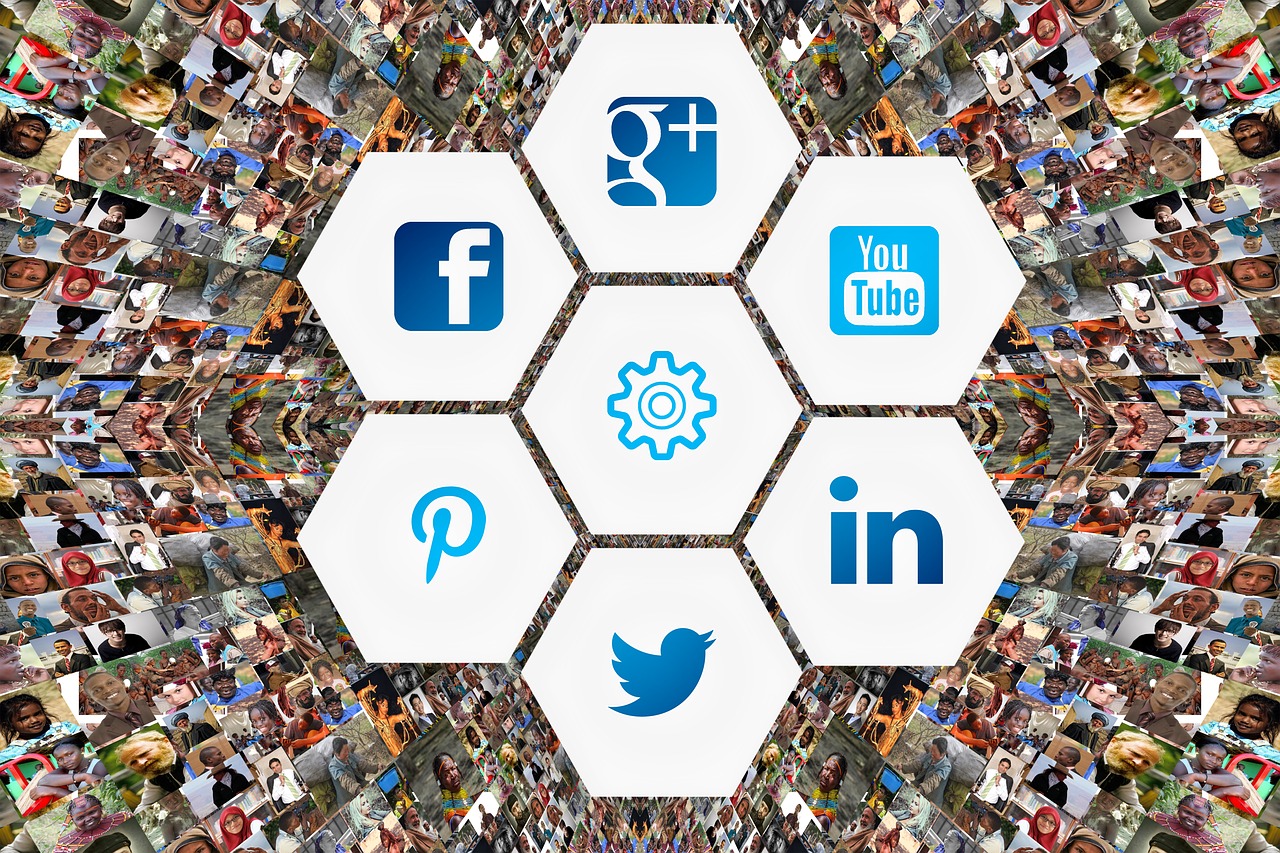
Potential for Miscommunication
In the fast-paced world of social media, the potential for miscommunication looms larger than ever. When we communicate face-to-face, we rely heavily on non-verbal cues—like facial expressions, tone of voice, and body language—to convey our feelings and intentions. However, in the realm of social media, these vital signals are often stripped away, leaving words alone to carry the weight of our emotions. This can lead to misunderstandings that spiral out of control, especially in romantic relationships where nuances matter the most.
Consider a simple text message that might be interpreted in multiple ways. For instance, a message saying "I can't believe you did that" could be read as playful teasing or as a serious accusation, depending on the context and the reader's mood. This ambiguity can create unnecessary tension between partners. In fact, studies have shown that couples who rely heavily on digital communication report higher levels of conflict compared to those who engage in more face-to-face interactions.
Moreover, social media platforms often encourage a culture of instant reactions. A partner might post a photo or status update, and before you know it, they’re bombarded with comments and likes. This can create a sense of pressure to respond quickly, which might lead to hasty replies that don’t accurately reflect true feelings. The result? A cycle of miscommunication that can leave both partners feeling unheard and misunderstood.
To illustrate this point further, let’s take a look at some common scenarios where miscommunication can arise:
| Scenario | Potential Miscommunication |
|---|---|
| Commenting on a Partner's Post | What seems like a harmless comment could be misinterpreted as jealousy or disapproval. |
| Sharing a Private Joke | Inside jokes can be misunderstood by others, leading to feelings of exclusion for one partner. |
| Using Emojis | Emojis can enhance a message but can also confuse the intended meaning, especially if the recipient interprets them differently. |
To mitigate these risks, it’s essential for couples to establish open lines of communication. Discussing how each partner prefers to engage on social media can help set the stage for a healthier relationship. Here are a few tips to consider:
- Clarify Intentions: Before posting something that could be interpreted in multiple ways, think about how it might be perceived by your partner.
- Encourage Face-to-Face Conversations: Whenever possible, discuss serious matters in person rather than through screens.
- Be Mindful of Tone: Remember that sarcasm and humor don’t always translate well in text form, so choose your words carefully.
In conclusion, while social media can enhance communication in many ways, it also opens the door to potential miscommunication. By being aware of these pitfalls and actively working to navigate them, couples can strengthen their relationship and foster a deeper understanding of one another.
- How can I improve communication with my partner on social media?
Consider setting aside time for face-to-face conversations and discussing your social media boundaries. - What should I do if I feel misunderstood online?
Address the issue directly with your partner and clarify your feelings in a calm and open manner. - Is it better to limit social media use in relationships?
Finding a balance is key. Limit excessive use while ensuring you stay connected.
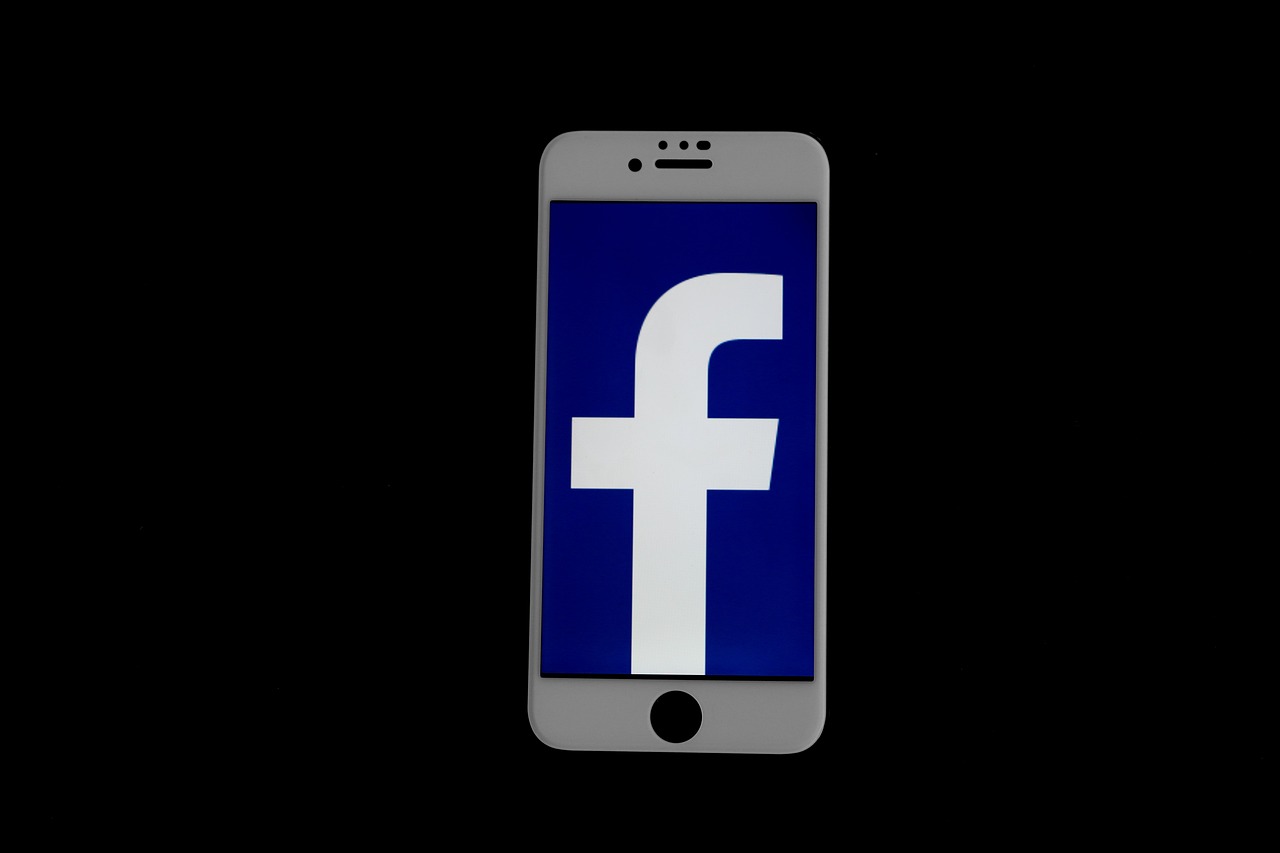
Jealousy and Trust Issues
In the realm of social media, the line between connection and conflict can often become blurred. Jealousy and trust issues frequently emerge as partners navigate their online interactions. Picture this: you’re scrolling through your feed, and suddenly, you see your partner liking a photo of an ex, or perhaps they’re commenting on a friend's post that makes you feel uneasy. It’s like a digital minefield, where every click can trigger feelings of insecurity.
These feelings can stem from a variety of factors, including past experiences and personal insecurities. When individuals see curated highlights of others’ lives, it can spark a sense of comparison. Suddenly, your relationship might not seem as exciting or fulfilling as those picture-perfect moments displayed online. For instance, you might think:
- “Why don’t we go on adventures like they do?”
- “Are they happier than we are?”
Such questions can lead to a spiral of doubt, where trust begins to erode. It’s essential to recognize that social media often presents a filtered reality. What you see online is rarely the full story, yet it can trigger feelings of jealousy that are all too real. The absence of non-verbal cues in digital communication exacerbates this issue. When you can’t see your partner’s facial expressions or hear their tone, it becomes easy to misinterpret their intentions.
To combat these feelings, open communication is crucial. Partners should feel safe discussing their emotions without fear of judgment. Addressing jealousy head-on can help reinforce trust. It’s beneficial to establish a dialogue about what makes each partner feel comfortable or uncomfortable in the digital space. For example, couples can agree on:
- What types of interactions are acceptable with others online
- How often they share personal moments on social media
- What boundaries should be respected to maintain trust
Additionally, setting clear boundaries around social media use can strengthen the relationship. By creating a mutual understanding of what is and isn’t acceptable, couples can navigate the complexities of online interactions more effectively. This proactive approach not only diminishes feelings of jealousy but also fosters a deeper sense of trust and connection.
Remember, relationships thrive on understanding and communication. When partners are transparent about their feelings and intentions, they can build a solid foundation that withstands the challenges posed by social media. After all, it’s not about the likes or comments; it’s about the bond you share in real life.
- How can I address jealousy with my partner? Start by having an open and honest conversation about your feelings. Express your concerns without placing blame.
- What are healthy boundaries for social media use in a relationship? Discuss what is acceptable regarding interactions with others, sharing personal moments, and how much time is spent online versus offline.
- Can social media ever be beneficial for relationships? Yes! It can enhance communication and allow couples to share experiences, but balance is key.
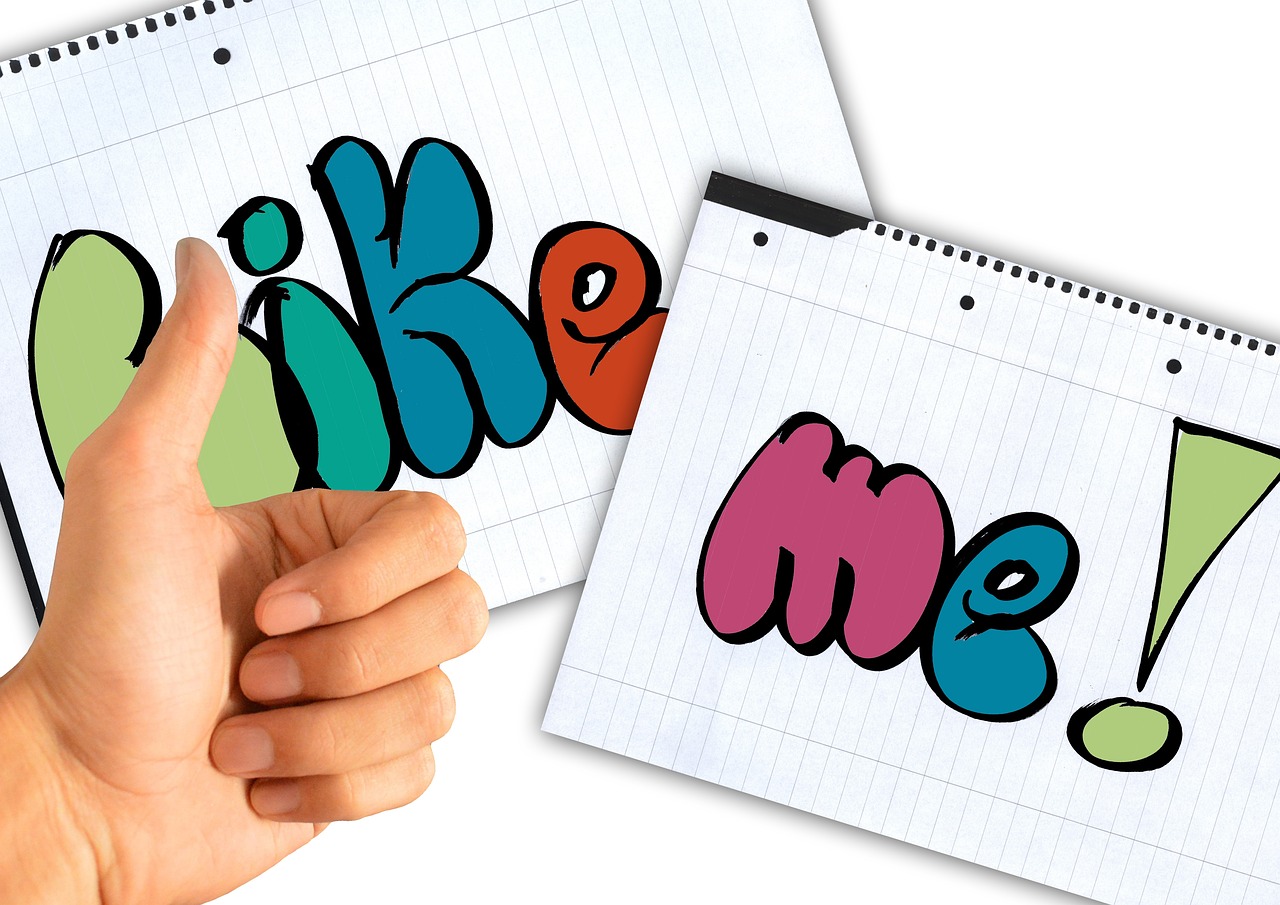
Time Distraction
This article explores the impact of social media on personal relationships, examining both the benefits and drawbacks. Understanding these dynamics can help individuals navigate their interactions more effectively.
Social media platforms can improve communication between partners, allowing for instant messaging and sharing of experiences. This connectivity can strengthen relationships by fostering openness and engagement.
Social media enables individuals to connect with friends and family, enhancing their support networks. These connections can provide emotional support, which is vital for maintaining healthy relationships.
Sharing important life events on social media can create a sense of community and celebration among friends and family. This sharing can enhance relational bonds through collective experiences.
The choice between public and private sharing impacts how relationships are perceived. Understanding the nuances of sharing can help individuals maintain boundaries while still engaging their audience.
Public sharing of personal moments can sometimes undermine intimacy. Couples need to navigate what to share, ensuring they protect their private relationship while still engaging socially.
Social media can set unrealistic expectations for relationships, often portraying idealized versions of love. This can lead to dissatisfaction and comparison, affecting relationship dynamics negatively.
The lack of non-verbal cues in online communication can lead to misunderstandings. Recognizing these pitfalls is essential for maintaining healthy relationships in a digital context.
Social media can breed jealousy and insecurity, particularly if partners misinterpret interactions. Addressing these feelings openly can help mitigate potential conflicts and reinforce trust.
In our fast-paced world, social media can become a double-edged sword, particularly when it comes to relationships. While it offers a platform for connection, it can also serve as a significant distraction from the quality time couples should be spending together. Imagine sitting on the couch with your partner, both of you scrolling through your feeds instead of engaging in a meaningful conversation. It’s like being in the same room but miles apart. This phenomenon can lead to a sense of emotional disconnect, even if you're physically together.
To illustrate this point, consider the following statistics:
| Activity | Average Time Spent (per day) |
|---|---|
| Social Media Browsing | 2.5 hours |
| Quality Time with Partner | 1.5 hours |
As you can see, many couples find themselves spending more time on social media than with each other. This imbalance can create feelings of neglect and resentment over time. It’s crucial for couples to recognize when social media is taking priority over their relationship. After all, relationships thrive on connection, and that connection is often fostered through shared experiences and face-to-face interactions.
Finding a balance is key. Couples should consider setting aside specific times for social media use, ensuring that they prioritize their relationship. For example, they might agree to put their phones away during dinner or designate "no phone" zones in their home. By doing this, they can cultivate a more intimate atmosphere that encourages conversation and connection.
Ultimately, the goal is to create a healthy relationship dynamic where social media complements rather than detracts from the quality time spent together. Establishing boundaries around social media use can be a game-changer, leading to deeper connections and more fulfilling interactions.
Establishing boundaries around social media use can help maintain focus on the relationship. Couples should discuss their preferences and agree on how to use social media positively.
- How can I improve communication with my partner through social media?
Consider using direct messaging to share daily thoughts or funny moments, but balance it with face-to-face conversations. - What are some signs that social media is negatively impacting my relationship?
Look for signs like increased jealousy, less quality time, or frequent misunderstandings related to online interactions. - How can we set boundaries around social media use?
Discuss specific times for phone-free activities, agree on what to share publicly, and respect each other's privacy online.
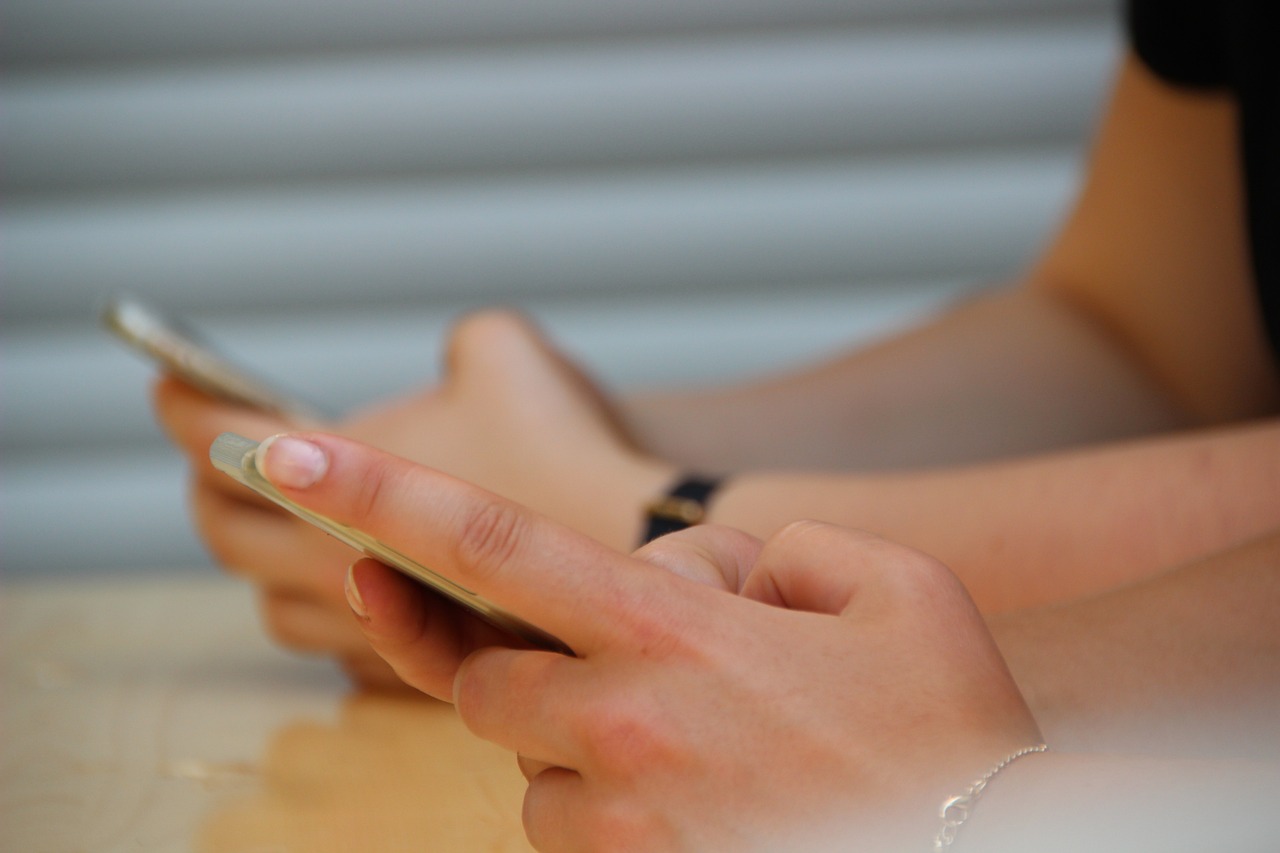
Setting Boundaries
In the fast-paced world of social media, is crucial for couples who want to maintain a healthy relationship. Just like in any aspect of life, having clear guidelines can help prevent misunderstandings and ensure that both partners feel respected and valued. Think of it as creating a safe space where both individuals can thrive without the unnecessary noise of online distractions.
First and foremost, it's important for couples to have an open dialogue about their social media habits. This means discussing how much time each partner spends online and what platforms they use. Are you both scrolling through Instagram during dinner, or is one of you more of a Facebook person? Understanding each other's habits can help you identify areas where adjustments might be needed. For instance, if one partner feels neglected because the other is often glued to their phone, this is a conversation that needs to happen.
Another vital aspect of setting boundaries is determining what is appropriate to share online. Couples should consider questions like: What types of personal moments are okay to post? and Are there certain topics we should keep private? Establishing these guidelines can prevent potential conflicts down the line. For example, while sharing a cute couple's photo might seem harmless, it could lead to discomfort if one partner prefers to keep their relationship more private. Here’s a simple table to illustrate some common boundaries that couples might consider:
| Boundary Type | Description |
|---|---|
| Time Limits | Agree on how much time to spend on social media each day. |
| Content Sharing | Decide what personal moments are okay to share publicly. |
| Tagging | Discuss whether it’s acceptable to tag each other in posts or photos. |
| Friend Requests | Talk about adding each other's friends or family on social media. |
Furthermore, it's essential to recognize that social media can sometimes blur the lines of intimacy. Couples should be mindful of how public sharing can affect their relationship dynamics. For instance, if one partner frequently shares intimate moments with the world, it might make the other feel exposed or uncomfortable. This is where having those candid conversations about comfort levels becomes invaluable.
Lastly, it’s important to revisit these boundaries regularly. As relationships evolve, so do the needs and expectations surrounding social media. What worked six months ago might not be suitable now, so check in with each other periodically to ensure that both partners are still on the same page. This proactive approach not only strengthens the relationship but also fosters a sense of trust and mutual respect.
- Why are boundaries important in a relationship? Boundaries help maintain respect and understanding between partners, preventing misunderstandings and conflicts.
- How can we communicate our boundaries effectively? Open and honest communication is key. Discuss your feelings and preferences without judgment.
- What should we do if one partner doesn't respect the boundaries? It’s important to address the issue directly and discuss the feelings involved. If necessary, consider seeking outside help.
Frequently Asked Questions
- How does social media enhance communication in relationships?
Social media platforms allow partners to communicate instantly, share experiences, and express feelings more openly. This constant connectivity can strengthen relationships by fostering a sense of engagement and closeness.
- Can social media create unrealistic expectations in relationships?
Absolutely! Social media often showcases idealized portrayals of love and relationships, which can lead to comparisons and dissatisfaction. It's essential to remember that what you see online is often curated and not the full picture.
- How can public sharing affect intimacy?
Publicly sharing personal moments can sometimes undermine the intimacy of a relationship. Couples need to navigate what they share online to protect their private moments while still engaging with their social circles.
- What are the potential miscommunication pitfalls of social media?
The absence of non-verbal cues in online communication can lead to misunderstandings. It's crucial to be mindful of tone and context when communicating digitally to maintain healthy relationships.
- How can jealousy and trust issues arise from social media?
Social media can spark jealousy and insecurity, especially if one partner misinterprets the other's interactions online. Open discussions about feelings and boundaries can help mitigate these issues and reinforce trust.
- What strategies can couples use to manage social media distractions?
Finding a balance between online interactions and in-person connections is key. Couples should set boundaries regarding social media use, ensuring they prioritize quality time together without distractions.
- How important is it to set boundaries around social media use?
Setting boundaries is crucial for maintaining focus on the relationship. Couples should openly discuss their preferences regarding social media to ensure it enhances rather than detracts from their bond.

